Blog
Dental Implants Dentist in Kingston: Bone Health for Success
August 6, 2025 / DENTISTRY

As a dental implants dentist in Kingston team serving patients for over fifteen years...
Greenwood Park Dentistry understands that successful implant treatment depends heavily on one crucial factor: jawbone health. Many patients are surprised to learn that their bone density plays such a vital role in implant success. However, understanding this connection is essential for anyone considering dental implants in Kingston.
The relationship between bone health and implant success becomes increasingly important as Kingston's population ages. Moreover, various factors can affect bone density, making it crucial to evaluate each patient's unique situation before proceeding with implant treatment.
How a Dental Implants Dentist in Kingston Evaluates Bone Density
Jawbone density directly impacts implant stability and long-term success. When patients visit a dental implants dentist in Kingston practice, comprehensive bone evaluation forms the foundation of treatment planning. The jawbone must provide adequate support to anchor the titanium implant securely.
During the initial consultation, we use advanced 3D imaging technology to assess bone volume, density, and quality. This detailed analysis allows us to determine whether immediate implant placement is possible or if additional procedures are necessary.
Understanding Bone Loss After Tooth Extraction
Once a tooth is lost, the surrounding bone begins to deteriorate immediately. This process, called resorption, occurs because the bone no longer receives stimulation from the tooth root. Within the first year after extraction, patients can lose up to 25% of their bone width.
Furthermore, this bone loss continues throughout life, making early implant placement advantageous whenever possible. A skilled dental implants dentist in Kingston can often place implants immediately after extraction, preserving valuable bone tissue.
Why Kingston's Aging Population Faces Unique Bone Health Challenges
Kingston's demographic trends show an aging population, which presents specific considerations for dental implant treatment. As people age, bone density naturally decreases, particularly in postmenopausal women due to hormonal changes.
Additionally, many older adults take medications that can affect bone metabolism. Blood thinners, bisphosphonates, and certain heart medications may impact healing and bone integration. Therefore, a dental implants dentist in Kingston must carefully review medical history and current medications.
Common Factors Affecting Bone Health in Kingston Patients
Several factors commonly seen in Kingston patients can impact bone health:
- Osteoporosis: This condition significantly affects jawbone density and may require specialized treatment protocols.
- Smoking: Tobacco use impairs blood flow and bone healing, reducing implant success rates.
- Diabetes: Uncontrolled diabetes can slow healing and affect bone quality.
- Periodontal Disease: Gum disease destroys the bone supporting teeth, often requiring treatment before implant placement.
Bone Grafting: How a Dental Implants Dentist in Kingston Rebuilds Foundation
When insufficient bone exists for implant placement, bone grafting procedures can rebuild the necessary foundation. As an experienced dental implants dentist in Kingston practice, we perform various grafting techniques to restore adequate bone volume.
Types of Bone Grafting Procedures
Socket Preservation: Performed immediately after extraction to maintain bone volume and prevent collapse.
Sinus Lift: Adds bone to the upper jaw in the area of molars and premolars, creating space for implant placement.
Ridge Augmentation: Rebuilds the width and height of the jawbone when significant bone loss has occurred.
Block Grafts: Used for extensive bone reconstruction when multiple teeth are missing.
The grafting material can come from the patient's own body, donor sources, or synthetic materials. A dental implants dentist in Kingston will recommend the most appropriate option based on specific needs.
Maintaining Optimal Bone Health for Implant Success
Patients can take proactive steps to maintain bone health and improve implant success rates. These strategies are particularly important for Kingston residents considering future implant treatment.
Nutritional Support for Bone Health
Calcium and Vitamin D: Essential for bone formation and maintenance. Many Kingston residents have vitamin D deficiency due to limited sunlight exposure during winter months.
Protein: Adequate protein intake supports bone healing and regeneration.
Vitamin K: Helps with bone mineralization and calcium absorption.
Magnesium: Works with calcium to maintain bone strength.
Lifestyle Factors That Support Bone Health
Regular Exercise: Weight-bearing activities stimulate bone formation and maintain density.
Smoking Cessation: Quitting smoking dramatically improves bone healing and implant success rates.
Moderate Alcohol Consumption: Excessive alcohol interferes with bone formation and healing.
Stress Management: Chronic stress can negatively impact bone health through hormonal changes.
The Implant Integration Process: How Bone Health Affects Success
Once a dental implants dentist in Kingston places the implant, a process called osseointegration begins. During this phase, the bone grows around and bonds with the titanium implant surface. This integration typically takes 3-6 months but can vary based on bone quality.
Healthy, dense bone integrates more predictably and quickly than compromised bone. Therefore, optimizing bone health before implant placement significantly improves treatment outcomes.
Advanced Technology Used by Your Dental Implants Dentist in Kingston
At Greenwood Park Dentistry, we utilize cutting-edge technology to evaluate bone health accurately. Cone beam CT scans provide detailed 3D images that allow precise measurement of bone dimensions and density.
This technology enables a dental implants dentist in Kingston to plan treatment with exceptional precision, reducing complications and improving success rates. Additionally, computer-guided surgery ensures optimal implant placement even in challenging bone conditions.
Long-term Success: Protecting Your Investment
Successful implant treatment requires ongoing commitment to bone health. Regular visits to a dental implants dentist in Kingston allow for monitoring and early intervention if problems develop.
Furthermore, maintaining excellent oral hygiene and following recommended care protocols helps preserve the bone around implants for decades to come.
Your Partner in Implant Success
At Greenwood Park Dentistry, we're committed to helping Kingston patients achieve successful implant outcomes through comprehensive bone health evaluation and treatment. Our team understands the unique challenges facing our community and provides personalized care to address each patient's specific needs.
Whether patients need bone grafting, immediate implant placement, or complex reconstruction, our experienced team has the expertise to help achieve optimal results. We believe that understanding the importance of bone health empowers patients to make informed decisions about their dental care.
Contact Greenwood Park Dentistry today at 613-546-3456 to schedule a consultation with our dental implants dentist Kingston team. Let us evaluate your bone health and discuss how we can help you achieve a healthy, confident smile with dental implants. You can also contact us online.
Archive

October 19, 2025 / DENTISTRY

September 19, 2025 / DENTISTRY

August 6, 2025 / DENTISTRY

July 17, 2025 / DENTISTRY

June 14, 2025 / DENTISTRY

May 11, 2025 / DENTISTRY

April 9, 2025 / DENTISTRY

February 27, 2025 / DENTISTRY

January 18, 2025 / DENTISTRY

December 31, 2024 / DENTISTRY

November 17, 2024 / DENTISTRY

October 18, 2024 / DENTISTRY

September 12, 2024 / DENTISTRY

July 10, 2024 / DENTISTRY

June 11, 2024 / DENTISTRY

May 20, 2024 / DENTISTRY

April 4, 2024 / DENTISTRY

March 25, 2024 / DENTISTRY
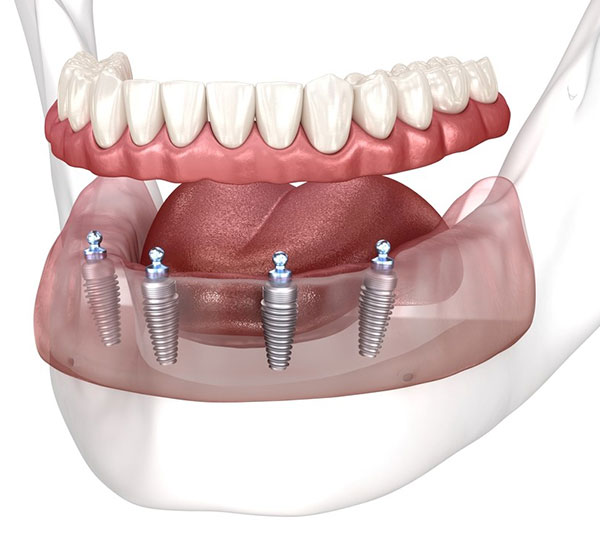
February 25, 2024 / DENTISTRY

January 24, 2024 / DENTISTRY

December 18, 2023 / DENTISTRY

November 8, 2023 / DENTISTRY

October 17, 2023 / DENTISTRY

September 7, 2023 / DENTISTRY

August 22, 2023 / DENTISTRY

July 4, 2023 / DENTISTRY

June 5, 2023 / DENTISTRY

May 11, 2023 / DENTISTRY

April 13, 2023 / DENTISTRY
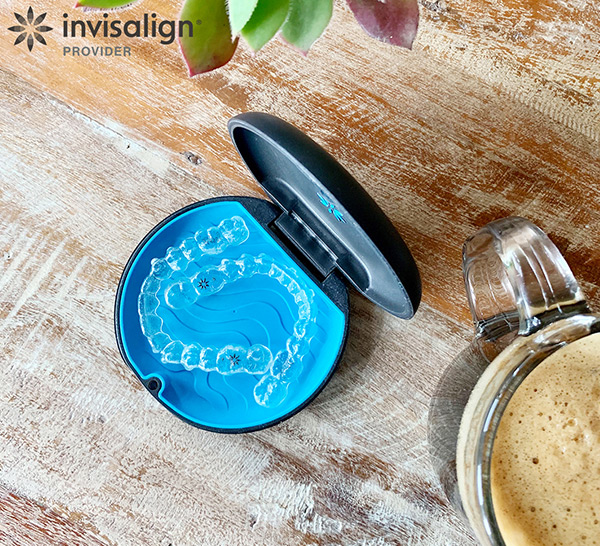
March 15, 2023 / DENTISTRY
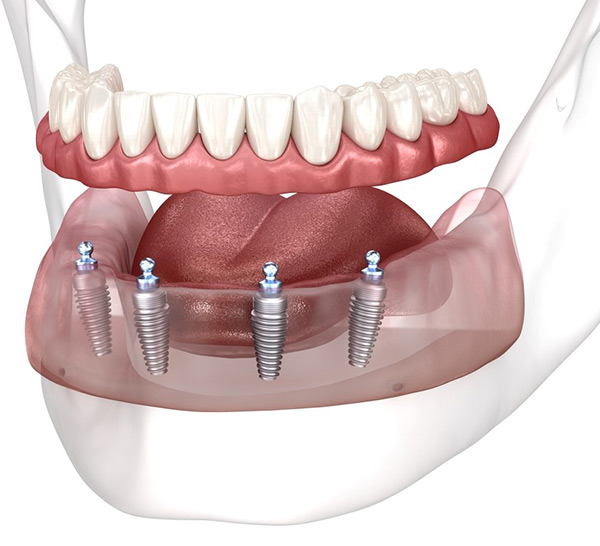
February 10, 2023 / DENTISTRY

January 15, 2023 / DENTISTRY
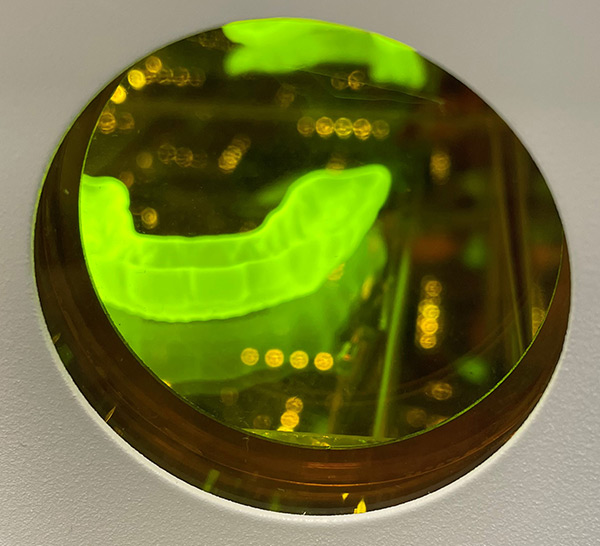
November 8, 2022 / DENTISTRY

September 6, 2022 / DENTISTRY
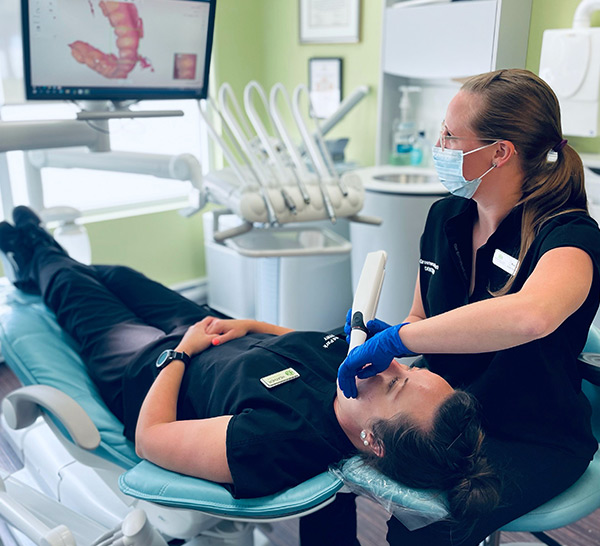
August 7, 2022 / DENTISTRY

July 7, 2022 / DENTISTRY

June 14, 2022 / DENTISTRY



